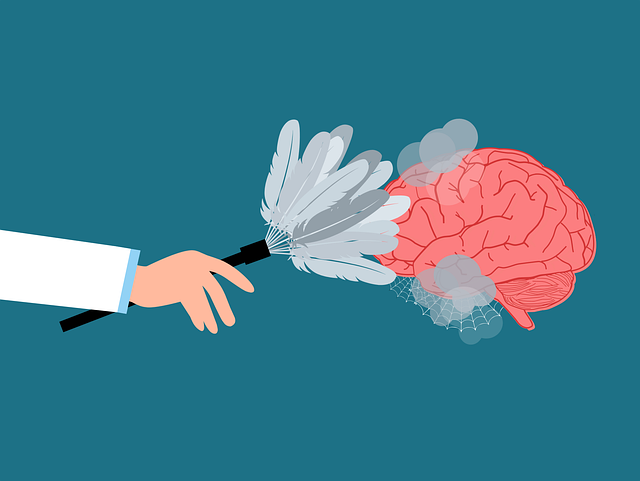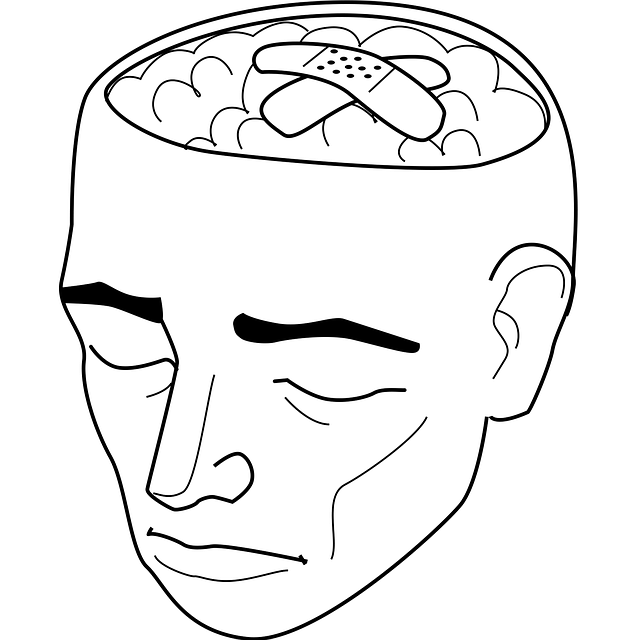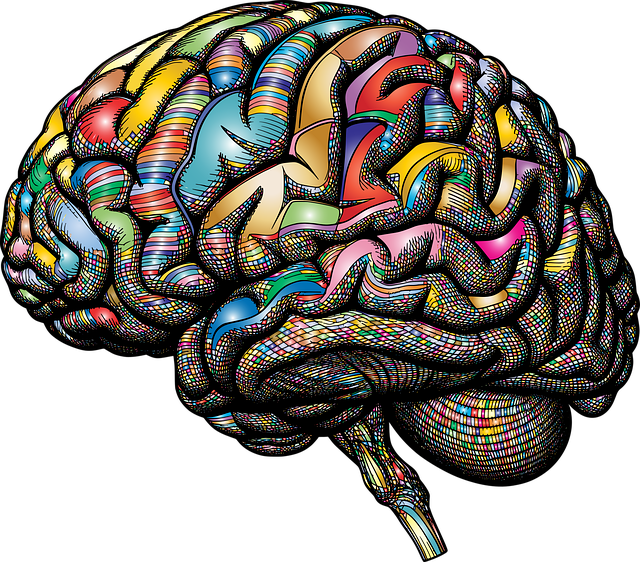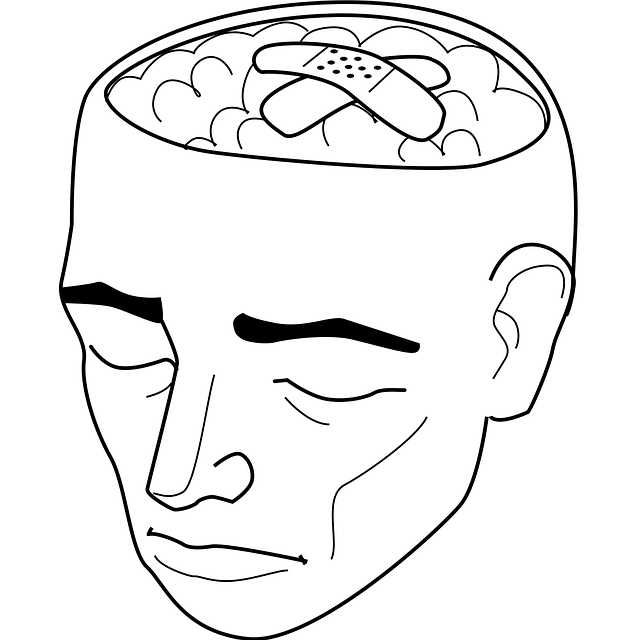Mental wellness journaling, encouraged by Englewood Pain Management Therapy, is a powerful self-reflection tool that promotes personal growth through structured documentation of thoughts and emotions. Regular practice enhances self-awareness, tracks mental state changes over time, identifies patterns and triggers, and fosters healthier coping mechanisms. This accessible method, adaptable to individual needs, boosts overall well-being, stress management, mood improvement, resilience, self-acceptance, and cultural sensitivity in mental healthcare. A dedicated journaling space encourages calmness and consistent practice, leading to improved risk assessment, emotional healing, and insights for mental health professionals. Englewood Pain Management Therapy promotes effective journaling through prompts, diverse writing styles, and tailored programs, helping clients navigate life's challenges with enhanced resilience.
Unwind your mind and embrace mental wellness through the powerful practice of journaling. This article guides you on a transformative journey, offering insights into how regular journaling can enhance your overall well-being. From understanding its benefits to creating a dedicated space, we explore effective techniques for self-expression. Learn to track your progress and celebrate milestones as you discover the healing power of words, all while exploring strategies tailored for Englewood Pain Management Therapy support.
- Understanding Mental Wellness Journaling
- Benefits of Regular Practice
- Setting Up Your Journaling Space
- Techniques for Effective Writing
- Tracking Progress and Celebrating Achievements
Understanding Mental Wellness Journaling

Mental wellness journaling is a powerful tool for self-reflection and personal growth, offering individuals a private space to explore their thoughts and emotions. It involves documenting experiences, feelings, and insights in a structured manner, often using prompts or guided questions. This practice fosters self-awareness, enabling people to understand their mental health patterns and triggers better. By putting pen to paper (or fingers to keyboard), individuals can process complex emotions, reduce stress, and gain valuable insights that support their journey towards healing and wellness, especially when coupled with effective strategies like empathy building, crisis intervention guidance, or attending Stress Management Workshops organized by reputable entities such as Englewood Pain Management Therapy.
Engaging in regular journaling allows one to track their mental state over time, identify recurring themes, and develop healthier coping mechanisms. It’s a safe and non-judgmental space where individuals can be honest with themselves, process challenging experiences, and celebrate victories without fear of criticism. This practice has been shown to enhance overall well-being, improve mood, and increase resilience in the face of life’s demands. Whether it’s a few lines at the end of each day or a more in-depth reflection once a week, mental wellness journaling is accessible to everyone and can be tailored to individual preferences and needs.
Benefits of Regular Practice

Regular mental wellness journaling can offer a multitude of benefits for individuals seeking to enhance their overall well-being. By dedicating just a few moments each day to reflect and record thoughts, emotions, and experiences, one can cultivate a deeper understanding of themselves and develop valuable coping mechanisms. This practice serves as an effective tool in managing stress, anxiety, and even chronic pain conditions like those managed by Englewood Pain Management Therapy. Journaling allows individuals to process their feelings, identify triggers, and gain clarity on personal goals, fostering a sense of self-awareness and empowerment.
Furthermore, incorporating mental wellness journaling into one’s routine can boost confidence and cultivate compassion towards oneself. It encourages individuals to embrace vulnerability and explore their thoughts without judgment, promoting self-acceptance. This act of self-care is particularly beneficial in navigating life’s challenges and can even enhance cultural sensitivity within mental healthcare practices, ensuring that diverse populations receive tailored support.
Setting Up Your Journaling Space

Creating a dedicated journaling space can significantly enhance your mental wellness journey. Start by choosing a quiet and comfortable area where you won’t be disturbed. This could be a cozy corner in your bedroom or a peaceful spot on your balcony. Organize your journal and writing tools, keeping them within easy reach to encourage consistent practice. Consider personalizing your setup with items that inspire and motivate you, such as motivational quotes, plants, or meaningful trinkets. A well-structured space fosters a sense of calm and prepares your mind for introspective writing.
Englewood Pain Management Therapy suggests that establishing this routine might even become a form of self-care, helping to manage mood and resolve any internal conflicts subtly. Remember, the goal is to create an environment that encourages openness and honesty in your journaling. Through regular practice, you can improve your risk assessment skills as a mental health professional, better navigate conflict resolution techniques, and ultimately, gain profound insights into your thoughts and emotions.
Techniques for Effective Writing

Effective journaling is an art that can be cultivated with specific techniques to enhance mental wellness and emotional healing processes. At Englewood Pain Management Therapy, we encourage our clients to approach their journals as a safe space for self-reflection and exploration. Start by setting a consistent writing routine; daily or weekly commitments ensure a steady flow of thoughts and feelings. Use prompts like “How was my day?” or “What am I grateful for?” to guide your reflection, allowing you to explore different aspects of your mental state.
Incorporate various writing styles to keep the process engaging. Some days, write freely, letting words flow without structure. On others, create lists to organize thoughts and identify patterns. For instance, jot down stressful events and their triggers to gain insight into stress reduction methods. Incorporate drawing or collage elements for a more creative approach, which can be especially beneficial for those who find it challenging to articulate emotions through words alone.
Tracking Progress and Celebrating Achievements

As you consistently engage in mental wellness journaling, tracking your progress becomes an essential aspect of your journey. Reflecting on past entries allows you to identify patterns, understand triggers, and celebrate personal growth. Set specific goals at the beginning of each month and review them regularly. Mark off achievements as you reach them, no matter how small they seem. This practice helps create a sense of accomplishment and encourages you to continue prioritizing your mental health.
Englewood Pain Management Therapy recognizes the power of self-reflection and offers tailored Trauma Support Services and Mental Health Education Programs Design to enhance resilience building. By documenting your thoughts and emotions, you gain valuable insights that can empower you in navigating life’s challenges. Celebrate each milestone, no matter how modest, as it contributes to your overall well-being and reinforces positive habits for a healthier mind.
Mental wellness journaling can be a powerful tool for improving your overall well-being, much like Englewood Pain Management Therapy focuses on addressing physical pain. By regularly expressing your thoughts and emotions through writing, you create a safe space to process experiences, gain insights, and foster self-awareness. This practice not only enhances mental clarity but also provides a tangible record of your progress and achievements. So, why wait? Embrace the transformative power of journaling and take the first step towards better mental health today.








